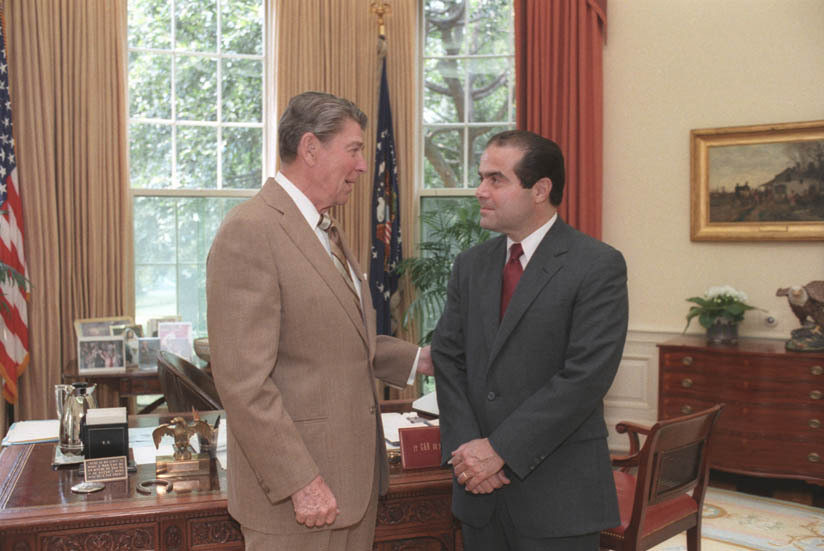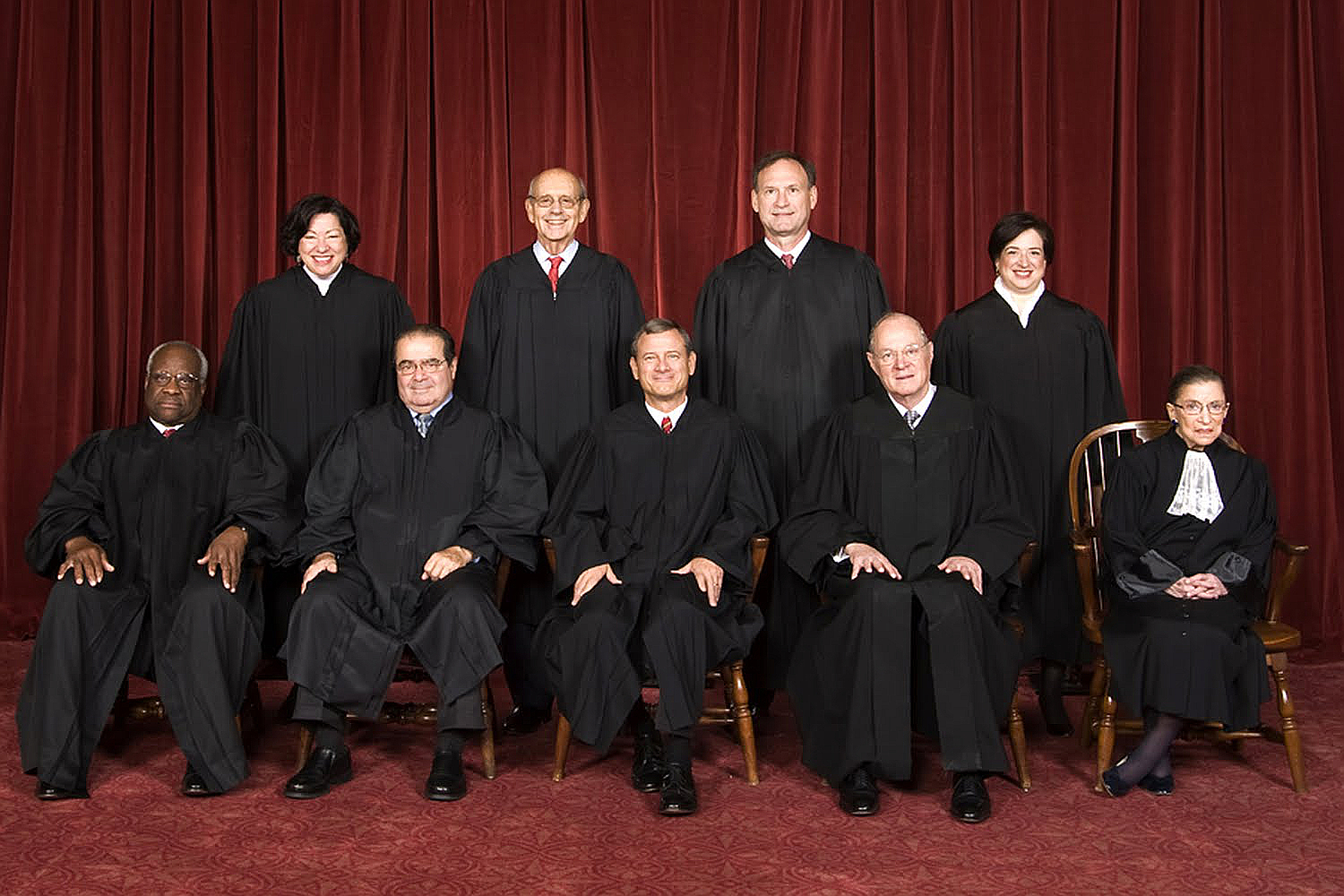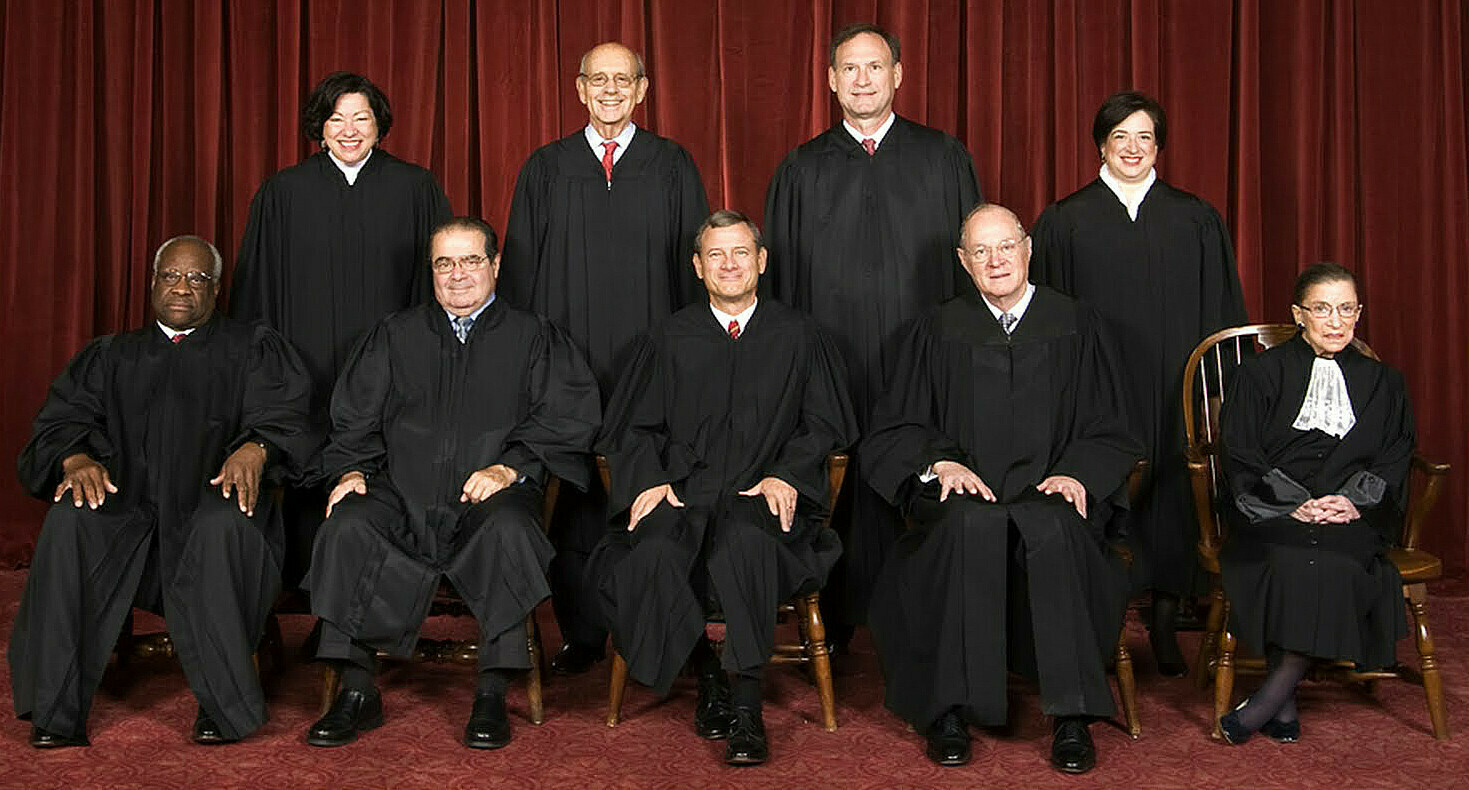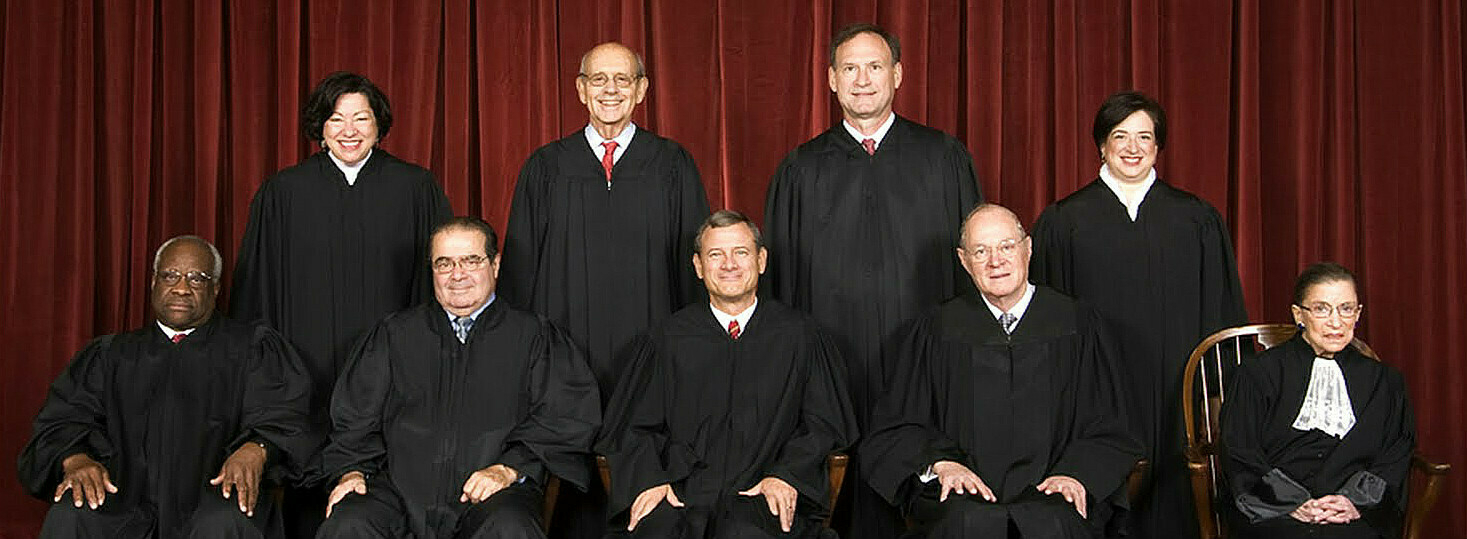Re: Dumb conspiracy theories on Scalia's death
Enough with the conspiracy theories about Justice Scalia’s death
I read this earlier today:
"As a former homicide commander, I am stunned that no autopsy was ordered for Justice Scalia," William O. Ritchie wrote in a Facebook post on Sunday, according to reports. After seeking to cast doubt on the conclusion of the deputy U.S. marshals who responded to a call from the ranch, he added, "My gut tells me there is something fishy going on in Texas."
My gut tells me there is some fishing for attention going on in the head of the former D.C. police officer who said that.
Why?
Let’s consider this:
- Why?
- Why??
- Why???
Was it a Liberal conspiracy to get President Obama one more lasting decision about the future of United States legal policy?
Was it a “Conservative” conspiracy to give Congressional Republicans and presidential candidates something “meaningful” to “stand up” to Obama about?
Was it Ancient Aliens?
There was no autopsy, they say! There was a pillow above his head, they say! The President was told long before anyone else, they say (as if the President doesn’t get most of the news before everyone else…)!
Conspiracy theorists demand: “What is your proof Scalia wasn’t murdered?”
These stupid theories remind me of one of the frequent arguments levied against atheists: “What is your proof that there is no god??”
Who proved god exists in the first place?
Pillows
Many articles note the ranch owner who found Scalia said there was a pillow above his head, and many conspiracy theorists point to this as suspicious. I sleep with a pillow over my head every night, and another one underneath it, using the two to drown out the sounds of an increasingly conspiratorial world so I can maintain my slumber all night long.
No conspiracy. Just a light sleeper.
Politics aside
I disagreed with much of Justice Scalia’s Supreme Court jurisprudence but his presence on the Court was invaluable to the development of United States law and the debates from which it springs.
He articulated his positions in such a way that I (almost always) respected them, even when I found it hard to believe someone so intelligent was seriously asserting them. He was rarely conclusory, giving reasons for his views, and whether you agreed with those reasons or not, that’s more than most politicians (and lawyers) usually do.
His death is a loss, but there are few more certain paths to some sort of immortality than thirty years on the Supreme Court of the United States.
Photo: Then-nominee Antonin Scalia, right, with President Ronald Reagan in 1986, via Wikipedia





